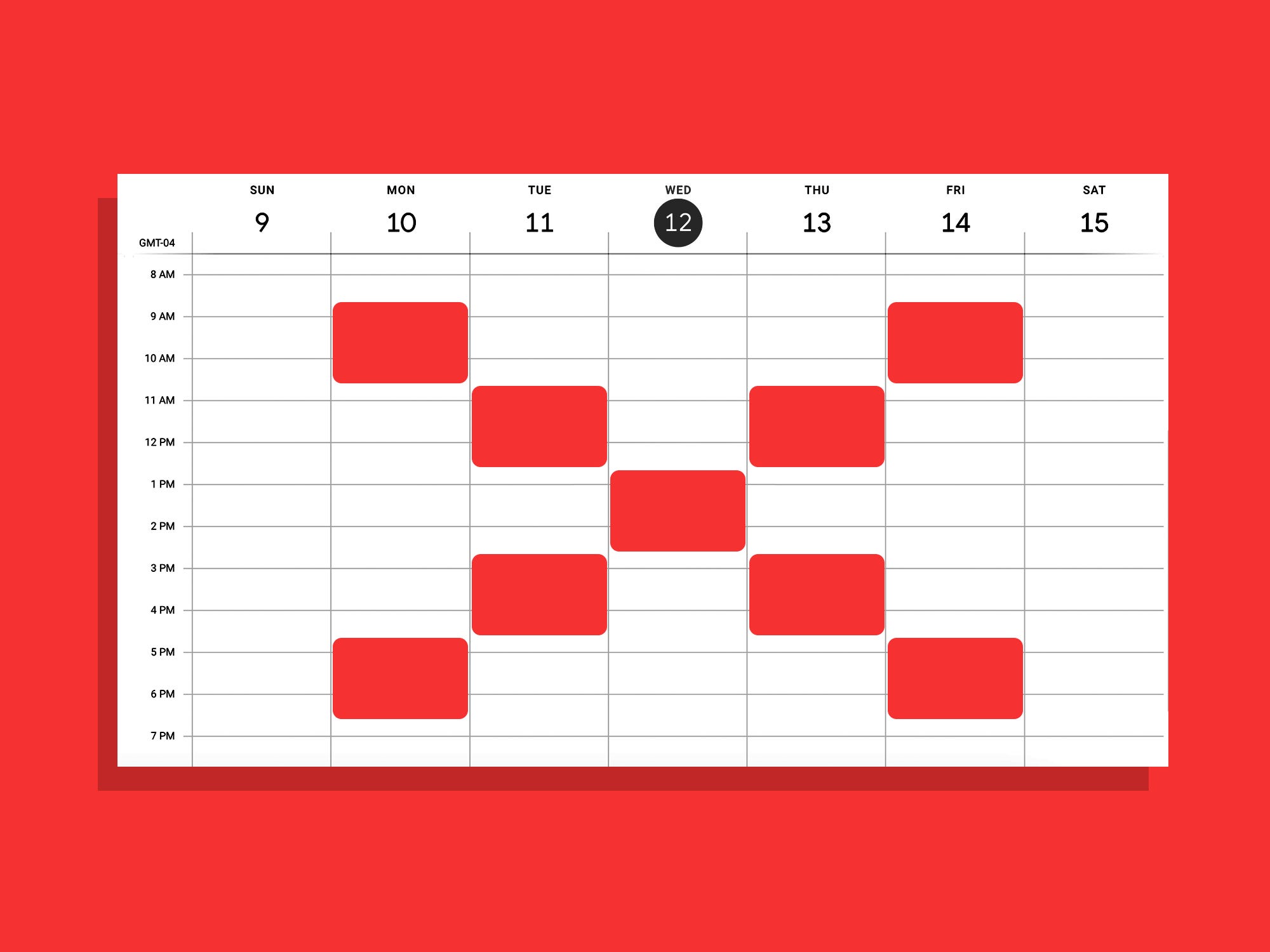
MILLENNIALS THINK GEN Z IS LAZY — BUT SECRETLY WISH THEY COULD SAY 'NO' TOO
- Millennials and Gen Xers have been known to call out their younger colleagues for their work ethic.
- But some envy Gen Z's ability to say "no" in the workplace and prioritize a work-life balance.
- Gen Z has seen that following the workplace status quo hasn't always worked out for older colleagues.
The actor Jodie Foster made headlines earlier this year when she called Gen Z "really annoying, especially in the workplace." She targeted their lackluster attitude to showing up to work and their inability to write professional-sounding emails.
But she later said she was envious of a key skill: Gen Z's ability to say "no" in the workplace.
"That's what is good about this new generation. They're very comfortable saying no, setting boundaries, and going, 'I don't like that, and I want to do this,'" Foster said during a Hollywood Reporter roundtable in May. "I didn't know that was possible."
And she's not alone in admiring young people's ability to speak out in the workplace.
Gen Z's attitude to work
Millennials and Gen Xers have been rattled by Gen Z's work habits, which include skipping morning meetings to attend fitness classes, refusing to work long hours, and asking about work-life balance in job interviews.
But in reality, this generation has seen what burnout culture did to the generations before them, and they're putting their foot down.
Ravin Jesuthasan, a future-of-work expert, previously told Business Insider more Gen Zers were adopting an attitude of "work to live" instead of "live to work." That means standing up for themselves to employers and, in some cases, refusing to do more work than is necessary — known as quiet quitting.
"Gen Zers are more likely to advocate for their rights, work-life balance, and their personal values in the workplace," Dan Schawbel, a future-of-work expert who's a managing partner at Workplace Intelligence, told BI.
"If no one listens, then they choose action over complaints," Sophie O'Brien, the founder of the recruitment agency Pollen Careers, which focuses on jobs for young people, told BI.
"They question why we do things the way they do, not to defy authority, but to see if there are better ways," she added.
Intergenerational tensions
Older generations have been more inclined to spend their careers following established hierarchies, which can breed tension when the younger generation refuses to do the same.
"They're often taught to 'pay their dues' and be more deferential to authority figures or senior colleagues," Schawbel explained.
He added that this could lead senior employees to perceive Gen Zers as "entitled, impatient, or disrespectful of established norms."
Seeing Gen Z challenge these norms can be unsettling for older generations who may fear change.
"There was a sense of 'this is how things are done, these are the expectations, this is how you earn your stripes,' and they just got on with it," Alice Stapleton, a UK career-change coach, told BI.
"Perhaps some wish they'd had the courage to stand up for themselves at that age, especially if they're now feeling burned out and resentful at how their career has panned out since," she added.
Gen Z is showing older generations there's a different way to work
Gen Zers have seen from previous generations that the status quo hasn't yielded the results they were promised.
Millennials were sold on a promise that landing a job and clocking the hours would lead to high salaries and a steady climb up the ladder, only to be met with layoffs and dwindling work benefits.
Gen Z doesn't want to fall victim to the same fate. Even if that means job-hopping.
"Instead of suffering in a job that doesn't align with their values, they'd rather leave than endure it just for a paycheck," O'Brien said. "This attitude is forcing the hand of organizations who want to attract Gen Zs."
Growing up with the internet and social media has made this generation acutely aware of injustice, and they're bringing this awareness to the workplace.
Groups of young people, such as the youth-led nonprofit Gen-Z for Change, have taken to TikTok to spread pro-union messages and educate their peers about their worker rights.
And that's helped fuel Gen Zers' confidence to put their foot down when they spot workplace injustice.
But Gen Z isn't a monolith
Every generation that reaches adulthood in society is put under a microscope — we've seen it with millennials and even generations before, O'Brien noted. "But when it comes to Gen Z, a noticeable difference I see is that they choose action, so it almost forces change," she said.
That's not to say all Gen Zers are comfortable with confrontation; in fact, many experience more anxiety in the workplace.
Stapleton said some of the Gen Z clients she worked with still struggled with assertiveness and had concerns over how employers would respond to them saying no.
But as a generation, she said, they are much more willing to speak up if something feels unfair or unreasonable.
"Gen Z is showing that there is a different way," Stapleton said, "and that doesn't always go down too well with the previous generation."
If you enjoyed this story, be sure to follow Business Insider on Microsoft Start.
2024-06-13T09:00:50Z dg43tfdfdgfd